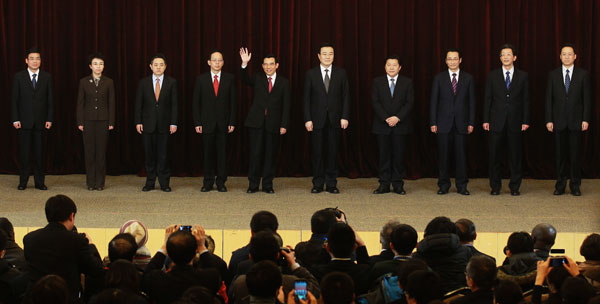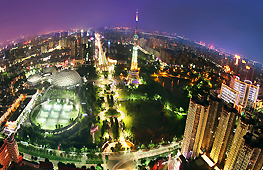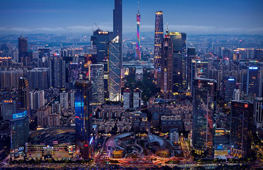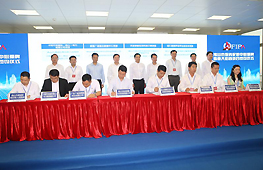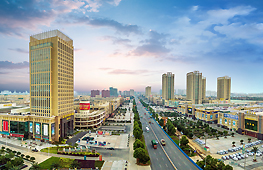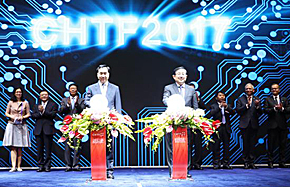Pollution top for new Beijing leaders
Lawmakers and advisers renewed calls to tackle environmental and traffic issues, both major sources of public concern, on Monday, as Beijing elected its new leadership.
Acting mayor Wang Anshun was elected mayor of the Chinese capital on the final day of the first session of the 14th Beijing Municipal People's Congress.
Nine deputy mayors, including two new faces — former chiefs of Beijing's Daxing and Shunyi districts — were also elected at the annual legislature's meeting.
At a news conference following his election, Wang, a native of Huixian county in Henan province, said the leadership will stand with residents to overcome difficulties.
He did not specify what those difficulties are, but at a discussion with lawmakers on Sunday, he said environmental issues should be the new government's top priority.
His remarks came after Beijing experienced its worst smog in many years earlier this month.
Air quality and traffic were the focus of the city's annual meetings that brought together the city's lawmakers and political advisers.
The lawmakers' meeting received 187 proposals, of which 68 were focused on the city's environment and public transport.
Qian Xiaomeng, a legislator, said making Beijing a livable city has become a popular topic in the session's discussions.
"The air pollution is a comprehensive problem. It needs a system to deal with it, such as increasing green areas," said Qian, who comes from the Xicheng district river parks management office.
She said the district will add more than 22 hectares of green area this year and some new tree species will be planted in parks.
"There is an urgent need to build up a green belt in the city," she added.
Tong Lizhi, a member of the capital's political advisory body, called for the new leadership to establish a pollution warning system.
"Under the system, a risk evaluation should be conducted in advance, including daily ones and long-term ones," he added.
Some said the government should also look into the traffic issue when it deals with air pollution, because car emissions are a major source of air pollution.
An Jianjun, a political adviser, said dust from farmland and emissions from agricultural vehicles can also cause pollution, "so how to deal with them is important", he said.
Zhou Mudi, a resident who returned to Beijing from Britain last year, said she was glad to see the new leadership has attached importance to the environment and public transport.
"Car emissions are one of greatest contributors to air pollution, which is hard to avoid," she said. "The current public transport system in Beijing is still inconvenient compared with Britain, while the city's planning and construction in the districts seem disordered."
Xia Yuchen, a 25-year-old resident who returned to Beijing from France three months ago, welcomed the new leadership's determination, but said she hoped the problems can be tackled as soon as possible.
"To tackle air pollution, a transparent supervision system is needed," she said. "In Western countries, governments must disclose the pollution data in a timely matter, but our government isn't good at taking emergency action."
"I'm still looking forward to the new leadership's real action to solve the congestion and pollution this year," she added.
Jin Haixing contributed to this story.
Contact the writer at caoyin@chinadaily.com.cn
- Stricter car emission rules to fight pollution
- Beijing air pollution reaches dangerous levels
- Beijing moves to curb prolonged haze pollution
- Minister unveils measures to cut pollution
- Air quality a hot topic in Shanghai
- Low-quality fuel near Beijing undermines air quality
- Beijing vows cleaner air
- Vehicle exhaust is biggest source of foul air: expert
- Quality of air remains a global concern
- Guangzhou sets clean air quality target for 2015







